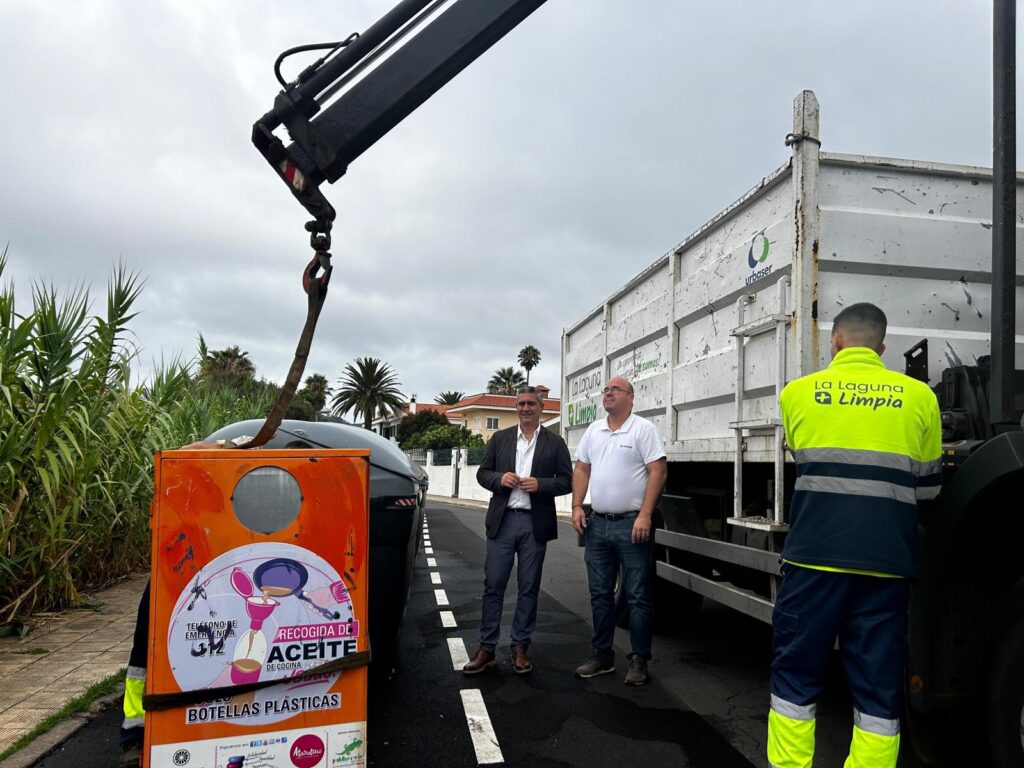The addams family it is much more than a family. It is a life project for its members, in which, hand in hand with get excited and aspercanand thanks to the DISA Foundation, they learn, while having fun, to deal with emotions, with day-to-day life, with that social sphere that for many of the protagonists of this play it becomes a wall with which they collide on many occasions.
Yesterday, The Addams Family, or what is the same, the new proposal of the PlaTEA project, premiered at the CEIP of Tincer, in the Southwest district of Santa Cruz. There, a dozen actors with Autism Spectrum Disorder (ASD), together with colleagues who are not, because The Addams Family is also inclusive, delighted some children, those from a school where a project of inclusion with ASD students.
Dance and music were the guiding thread of a work that, as explained by Abel Cubas, responsible for the project on behalf of Apanate, together with Beatriz Bello, from Aspercan, “is an activity through which we provide the participants with skills social groups, which, over the years, have become a real family”. And it is that, “from first thing in the morning, the chat in which they are all activated, they call each other by the names of their characters, they live it 24 hours a day,” adds Cubas.
They say from Apanate that this project, which began as a pilot, has acquired stability, so much so that it has already been going on for five years, with many other plays. The show that they premiered with the public yesterday “we had already performed in 2020, in the middle of the pandemic, but we did it only for the families of the actors, today is their first performance with the public.” A capacity that came dressed in black, like The Addams Family, and that was very attentive to the story that Gómez, Morticia, Wednesday or Fétido interpreted in the schoolyard; Everything must be said, with great professionalism and even with a touch of improvisation.
inclusion
Cubas highlights the inclusive nature of this project, in which actors with disabilities and those without disabilities act together, which allows them to work on social skills, understanding, respect… “The result is very enriching, it is theater from real experience, they interpret a character, but they live it all the time, and what they learn with the work they take to their personal terrain”, he explains. A working method that has led them to participate two consecutive years in the Festival of Inclusive Arts Festigual, in Galicia, and to which they hope to return this year.
From the CEIP Tíncer, for Magaly Ramos, responsible for the School’s Language Communication Project, receiving the PlaTEA project “is a point of reference for families, so that they can see the perspective they have for the future with these children, among whom it is possible linguistic communication, and because, in addition, they allow us to teach other values necessary for the educational community”.















